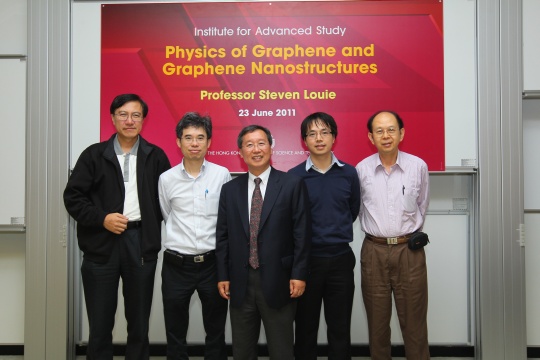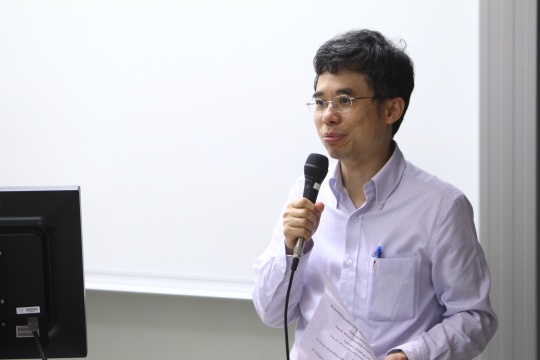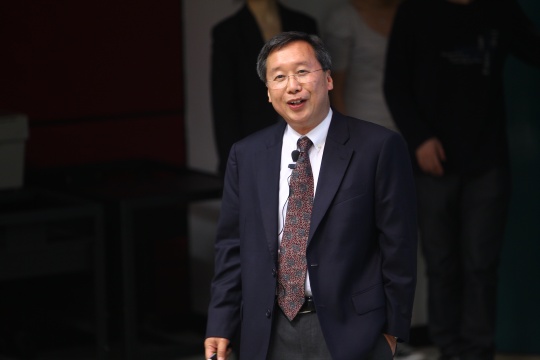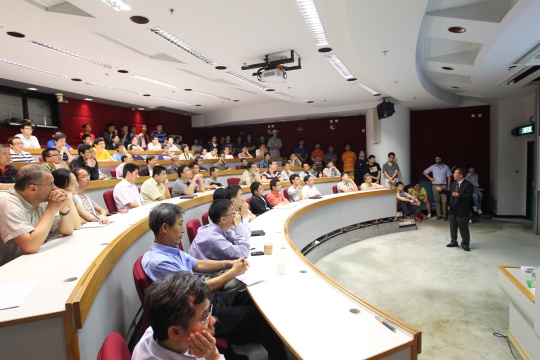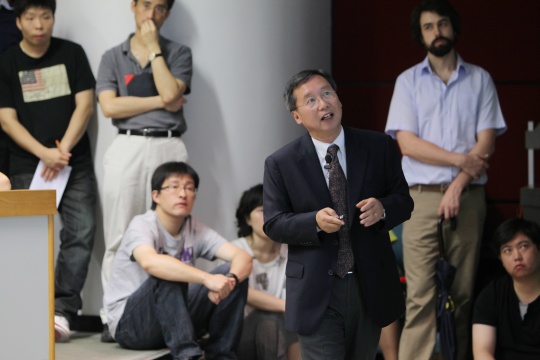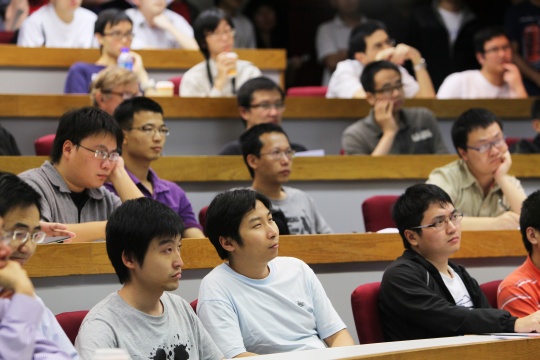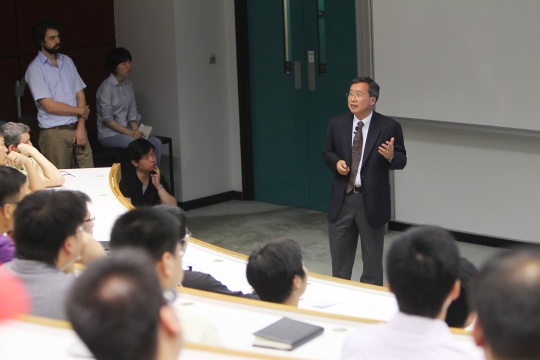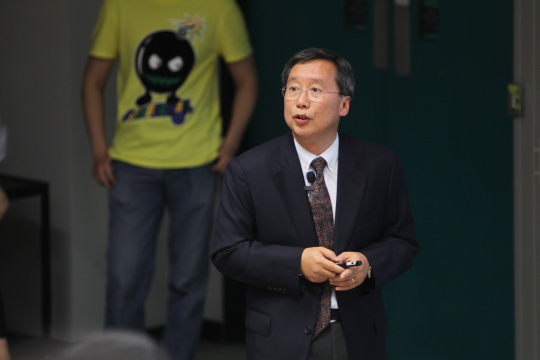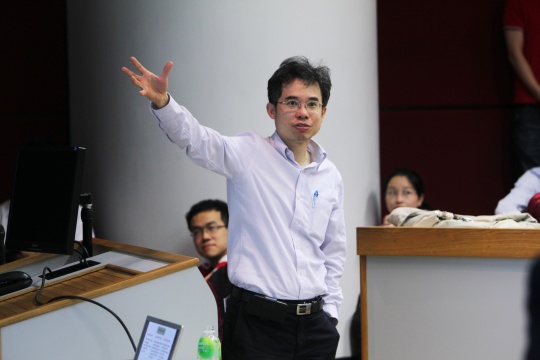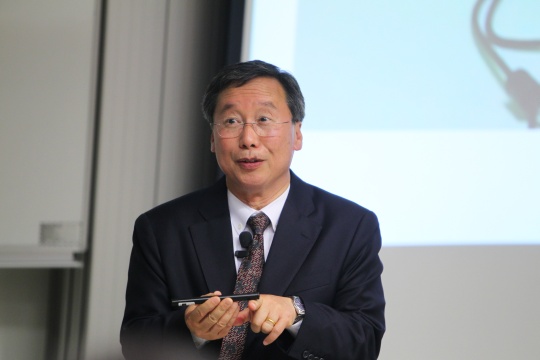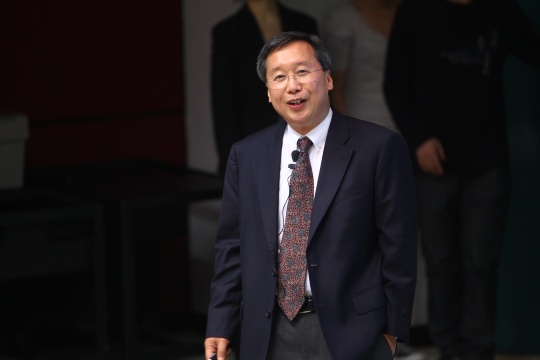Physics of Graphene and Graphene Nanostructures
Abstract
Graphene, a single atomic layer of carbon in a honeycomb structure, exhibits many fascinating properties of fundamental and practical interests. Its carriers behave like two-dimensional massless Dirac fermions with pseudospin character. Research on graphene, first isolated a little over six years ago, is one of the most rapidly developing areas in condensed matter science. This talk describes some of our theoretical understanding of the extraordinary electronic, transport and optical properties of graphene and graphene-based nanostructures such as nanoribbons, superlattices and bilayer structures. A number of novel phenomena, including electric field-induced half metallicity, electron supercollimation, new generations of massless Dirac fermions, strange transport behaviors, and tunable band gaps and excitons, have been predicted for these nanostructures. The speaker discusses the physical origin of these phenomena and make comparison with experiments. Their exceptional properties and controllability (such as through electrical gating or structural patterning, etc.) make graphene systems attractive for fundamental science studies and possible technological applications.
About the speaker
Prof. Steven Louie received his PhD from UC Berkeley in 1976. He has taught at UC Berkeley since 1980, where he is currently Professor of Physics. He is concurrently a Senior Faculty Scientist in the Materials Sciences Division of the Lawrence Berkeley National Laboratory.
Prof. Louie is a Member of the US National Academy of Sciences, the American Academy of Arts and Sciences, and the Academia Sinica (Taiwan). He is identified as one of the most highly cited researchers in the field of physics and one of the 25 most highly cited authors in nanoscience. His pioneering work on the ab-initio treatment of material properties earned him many awards and honors, including APS Rahman Prize for Computational Physics, the Foresight institute Richard Feynman Prize in Nanotechnology and the US Department of Energy Award for Sustained Outstanding Research in Solid State Physics.

